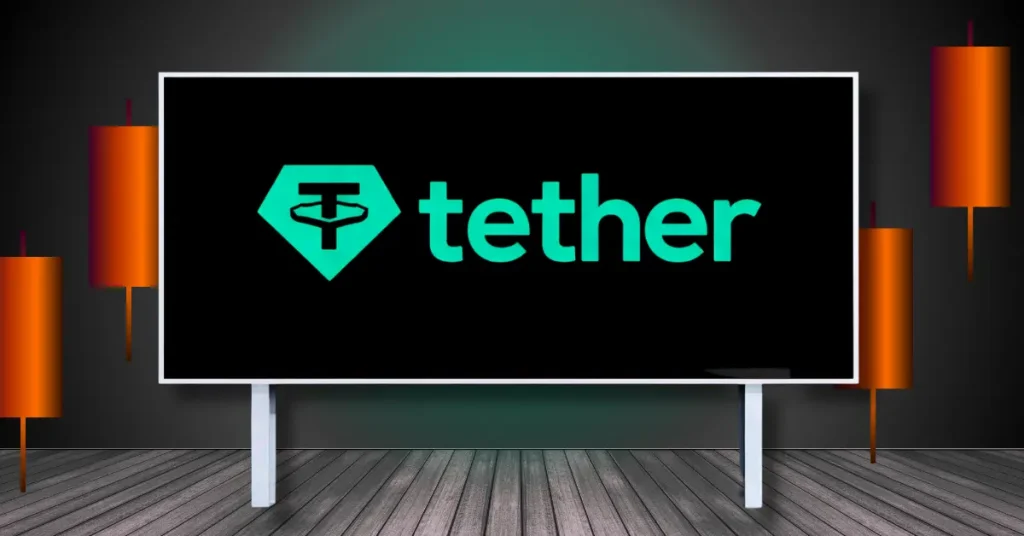Patrick Witt, the new executive director of the President’s Council of Advisers on Digital Assets, is rushing to pass the Senate’s crypto market structure bill, put the GENIUS stablecoin law into action, and create a federal crypto reserve.
Witt said he is focused on pushing the crypto laws through Congress, helping agencies enforce new rules, and ensuring federal departments work together to make the bill successful.
Witt advances Senate crypto market bill
Patrick Witt is pushing for Congress to pass the Senate’s cryptocurrency market structure bill and is closely monitoring the entire process. He said the current draft is a big improvement from its earlier versions and has received much positive feedback from senators who have reviewed it so far.
He explained that the bill needs support from political parties and at least 60 votes in the Senate. Witt and his team want to make sure the bill can get majority votes without compromising how effective it will be at meeting the needs of both lawmakers and the cryptocurrency industry. To achieve this, they are consulting Democratic senators and changing the draft based on their concerns.
Witt’s office is also urging the Senate Banking Committee and the Senate Agriculture Committee to finalize the bill, collect feedback from committee members, and move it to the Senate floor quickly. He believes the Senate’s final draft will align more with the Digital Asset Market Clarity Act approved by the House of Representatives.
Although the bill missed the August deadline set by President Trump, Witt said the bill addresses about 80% of the crypto market that isn’t covered by the GENIUS stablecoin law. For this reason, the White House is pushing policymakers to finish quickly, as delays will cause businesses, investors, and regulators to have doubts.
Witt implements stablecoin law and builds a federal crypto reserve
Patrick Witt also wants parliament to quickly implement the Genius Act because it holds the rules that protect consumers, support innovations, and guide businesses investing in digital currency. Witt said he has enough experience with federal agencies to know how they function and how they can work together to implement difficult laws.
He said he will help these agencies enforce the law, identify any problems with it, and ensure the rules remain consistent in every federal government department.
Witt and the White House want to create a Bitcoin Strategic Reserve to hold government-seized BTC and possibly other types of digital currencies. He said they are in talks with Congress to develop a legal foundation because setting up such a reserve is difficult and involves many legal questions. Witt added that they are still discussing creative and legal ways to expand the research for other cryptocurrencies.
When questions about President Trump’s personal cryptocurrency holdings and possible conflicts of interest came up, he dismissed them, saying his mission is to ensure the new law benefits everyone, not just specific individuals.
Still, several key U.S. banking lobbies like the Bank Policy Institute (BPI) are pushing lawmakers to narrow the GENIUS Act to avoid letting stablecoin-issuing entities and their allies offer proxy interest or returns.
As reported by Cryptopolitan, the organisations wrote in a letter to Congress that the current provisions do not cover crypto exchanges or other crypto businesses, which presents a possible loophole through which issuers can bypass the law.
The GENIUS Act prohibits stablecoin issuers from paying interest to token holders. However, unless this restriction also applies to affiliated services, banks warn that issuers could partner with exchanges to offer rewards, effectively circumventing the law. According to the U.S. Treasury, banking groups cautioned that such loopholes could destabilize traditional deposit markets, potentially triggering an estimated $6.6 trillion outflow from the banking sector.
If you’re reading this, you’re already ahead. Stay there with our newsletter.











